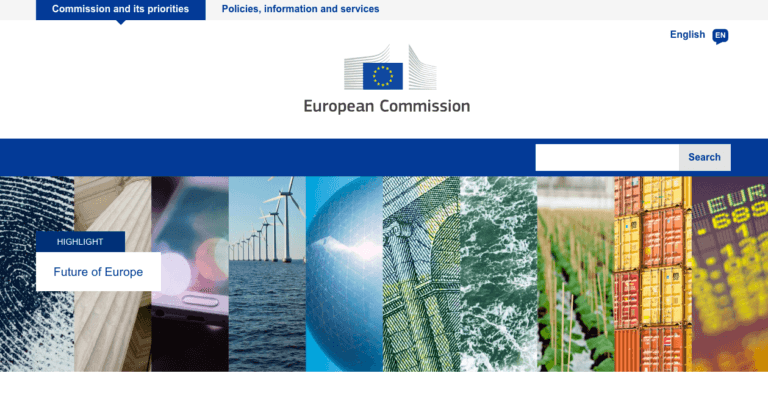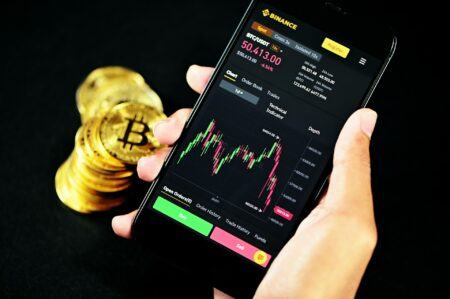At an informal ministerial meeting of the Economic and Financial Affairs Council (Ecofin) in Vienna, Austria on 7 September 2018, European Commission Vice-President Valdis Dombrovskis said that after an exchange of views on crypto-assets, EU’s finance ministers realized that “crypto-assets are here to stay.”
Ecofin is composed of the economics and finance ministers of the 28 European Union member states. Ecofin quite often works with the European Commissioner for Economic and Financial Affairs and with the President of the European Central Bank (ECB).
There is one informal ministerial meeting during each (six-month) presidency of the Council of the European Union. At these meetings, EU’s economics and finance ministers talk about current policy issues related to economic and financial affairs.
Since Austria took over the European Council presidency in July 2018, this most recent meeting took place on 7th and 8th of September in Vienna. The agenda for this two-day meeting stated that the end of the first day would be devoted to the subject of cryptocurrencies, and that topics for discussion would “include the opportunities and the risks involved, and also a possible regulation of this global phenomenon.”
Valdis Dombrovskis, a former Prime Minister of Latvia (2009-2014), is the current European Commission Vice-President for the Euro and Social Dialogue (also in charge of Financial Stability, Financial Services and Capital Markets Union).
According to the press release issued by the European Commission, made a speech at the press conference on Friday, in which he made the following remarks about cryptocurrencies (or cryptoassets):
- “We also had a good exchange of views on crypto-assets. We see that crypto-assets are here to stay. Despite the recent turbulence, this market continues to grow.”
- “In particular initial coin offerings, or ICOs, we see they have the potential to emerge as a viable form of alternative financing. Already last year, ICOs helped raise over 6 billion dollars in funding and this year this figure will be substantially bigger.”
- “At the same time, we also see risks linked to a lack of transparency, so there are risks for investment protection and market integrity, but also in the form of money laundering, potential fraud or hacking.”
- “So we need to continue monitoring the developments in this area, and we need to do so also in cooperation with our international partners at the Financial Stability Board or G20 level.”
- “One challenge with crypto-assets is how to categorise and classify them, and whether and how to apply existing EU financial rules to these assets or if we need new EU rules.”
- “In this context, we are currently working together with European Supervisory Authorities on what we call regulatory mapping of crypto assets to answer exactly these questions. Many Member States today supported the need for such mapping, so we expect to conclude this assessment later this year. This will provide a solid ground to build on and to decide on further steps in this area.”
This was not the first time that Dombrovskis had made positive comments on ICOs. On 26 February 2018, following a high level roundtable discussion on cryptocurrencies, he said: “[ICOs] have become a way for innovative firms in this field to raise substantial amounts of funding,” he was quoted as saying. “This is an opportunity, but there are also problems that expose investors to substantial risk, such as the lack of transparency regarding the identity of the issuers and underlying business plans.”
Featured Image Courtesy of European Commission








